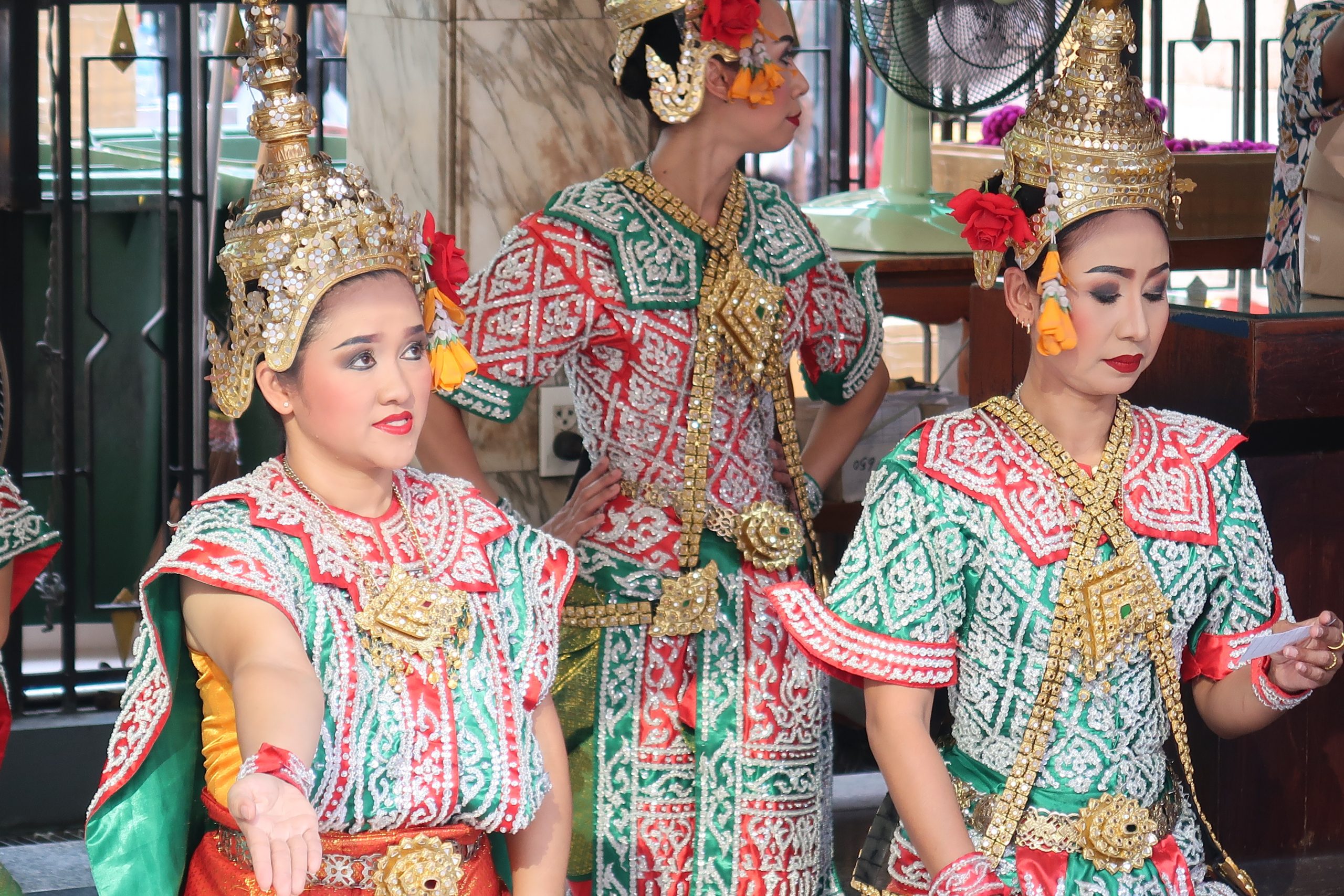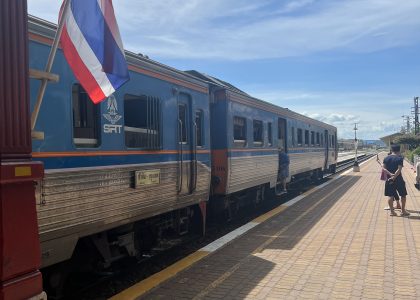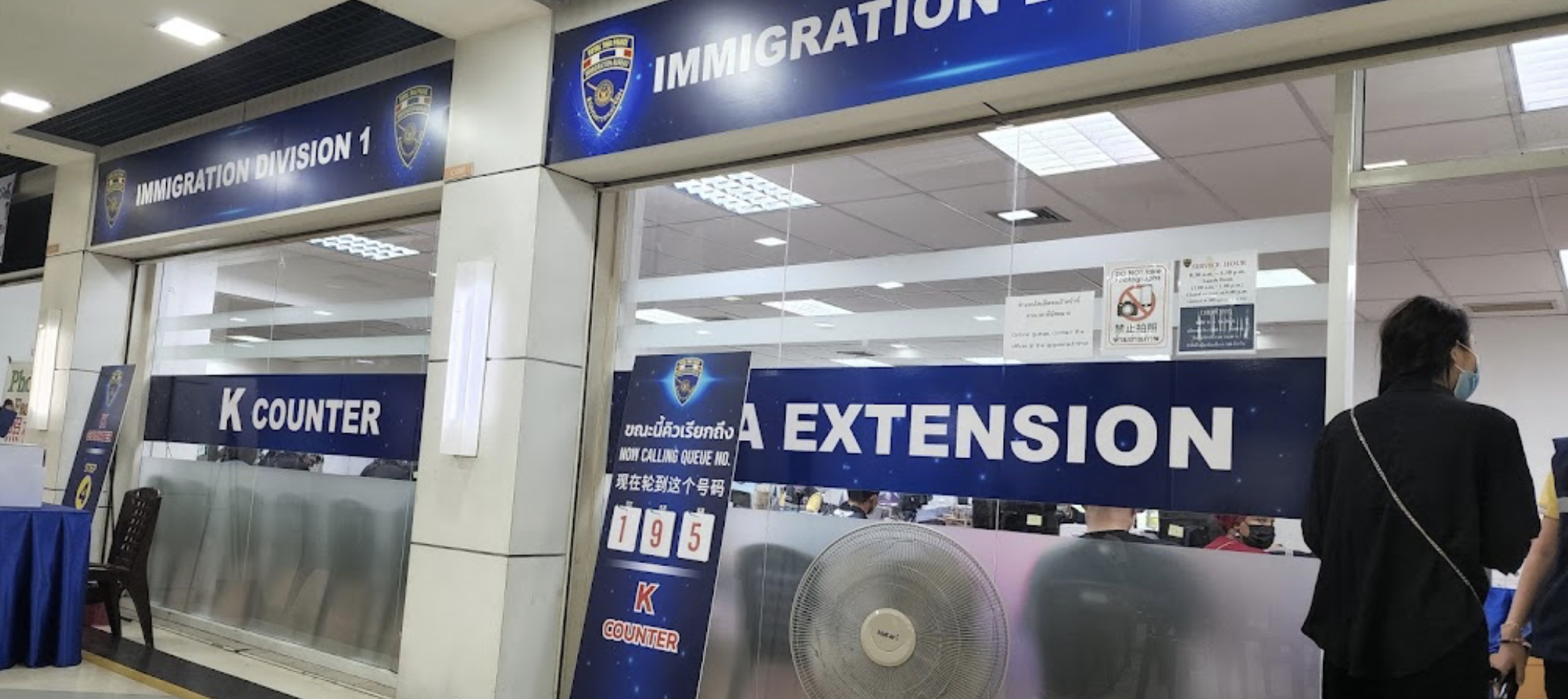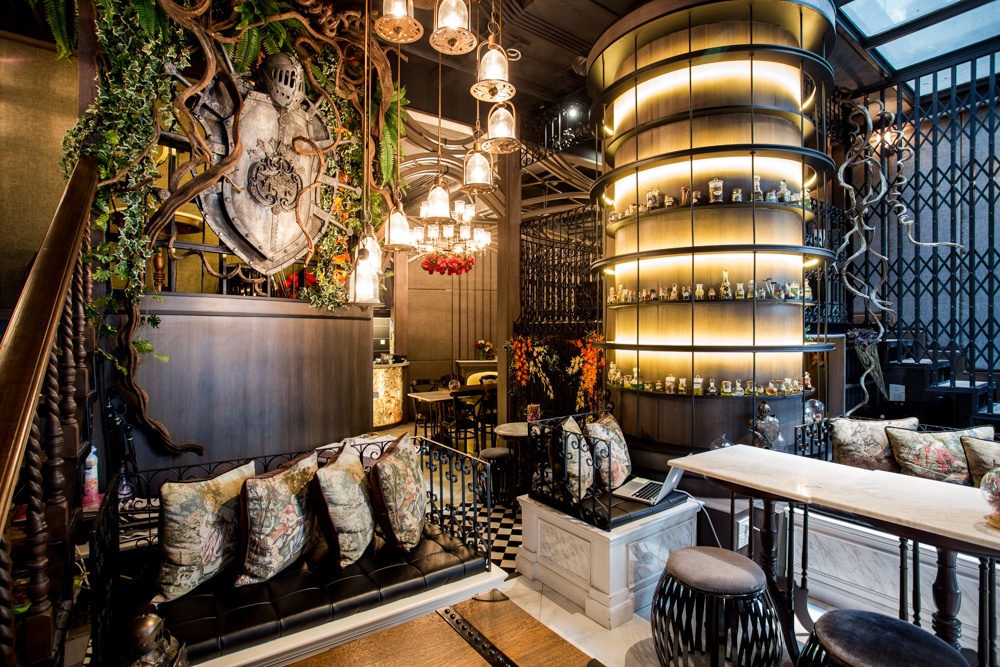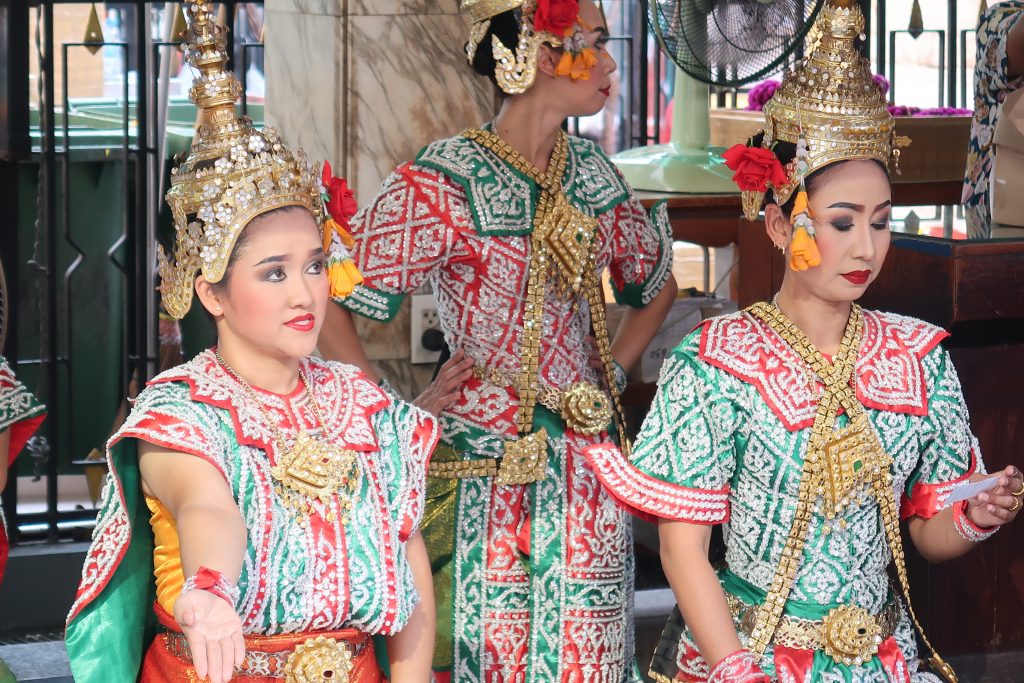
Every year in April is when Thais prepare for their largest celebration in the country — Songkran! For those who don’t know, it is the equivalent of New Years for Thais. Songkran is on the 13 April every year, but the holiday period extends from 14 to 15 April. In 2018 the Thai cabinet extended the festival nationwide to five days, 12–16 April, to enable citizens to travel home for the holiday.
An important event on the Buddhist calendar, this water festival marks the beginning of the traditional Thai New Year. The name Songkran comes from a Sanskrit word meaning ‘passing’ or ‘approaching’.
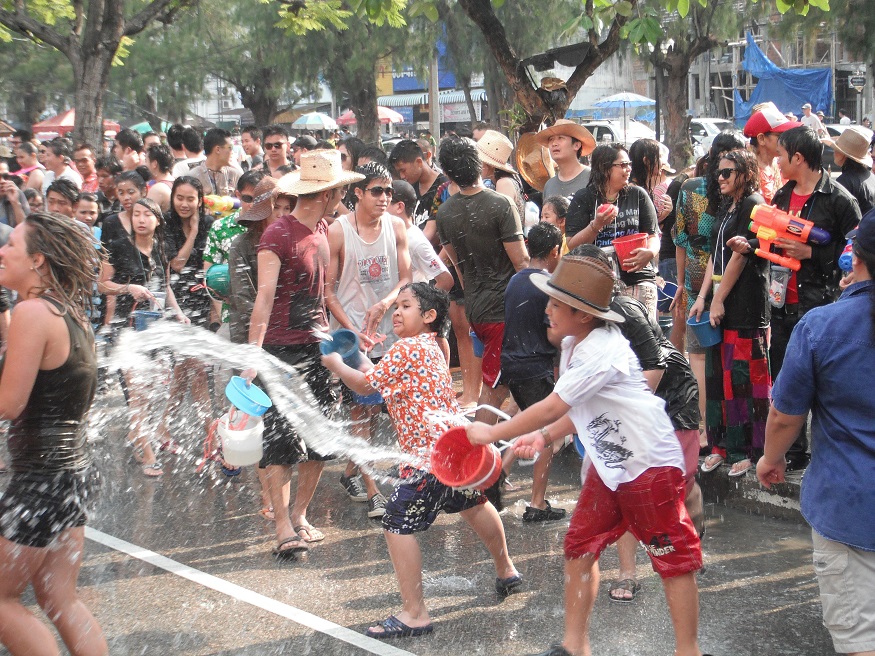
Water is an important element of Songkran, especially in more recent times when the throwing of water has become a huge part of the annual celebrations. If you’re visiting Thailand during this period, prepare to get splashed! Crowds of people roam around throwing buckets of water, using water pistols and just generally soaking anyone in the vicinity. Appreciation of family is another important aspect of the festival, with many Thai people making their way to their hometowns to spend time with older relatives. Buddhists also visit temples throughout Songkran where water is poured on Buddha images and on the hands of Buddhist monks as a mark of respect.
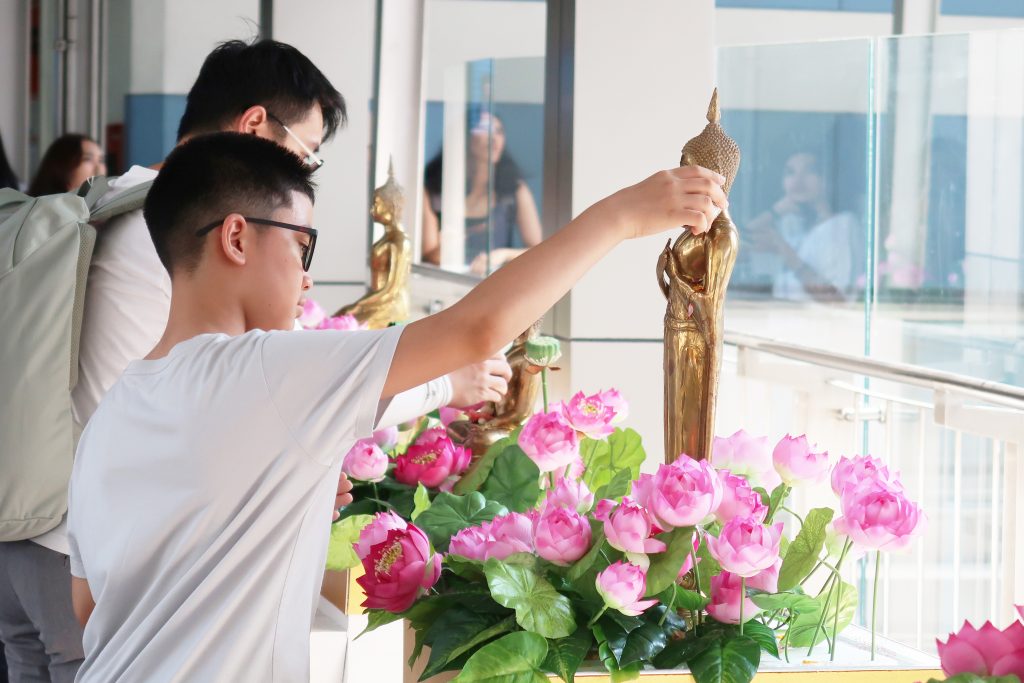
In order not to bring bad luck into the New Year, it is a tradition that all houses are completely cleaned a day before the celebration. The Songkran Festival is a period when Thai people splash water on themselves, which they believe will cause plenty of rainfall in the coming year. Water is used to cleanse themselves of those bad things and also a symbol of fertility.
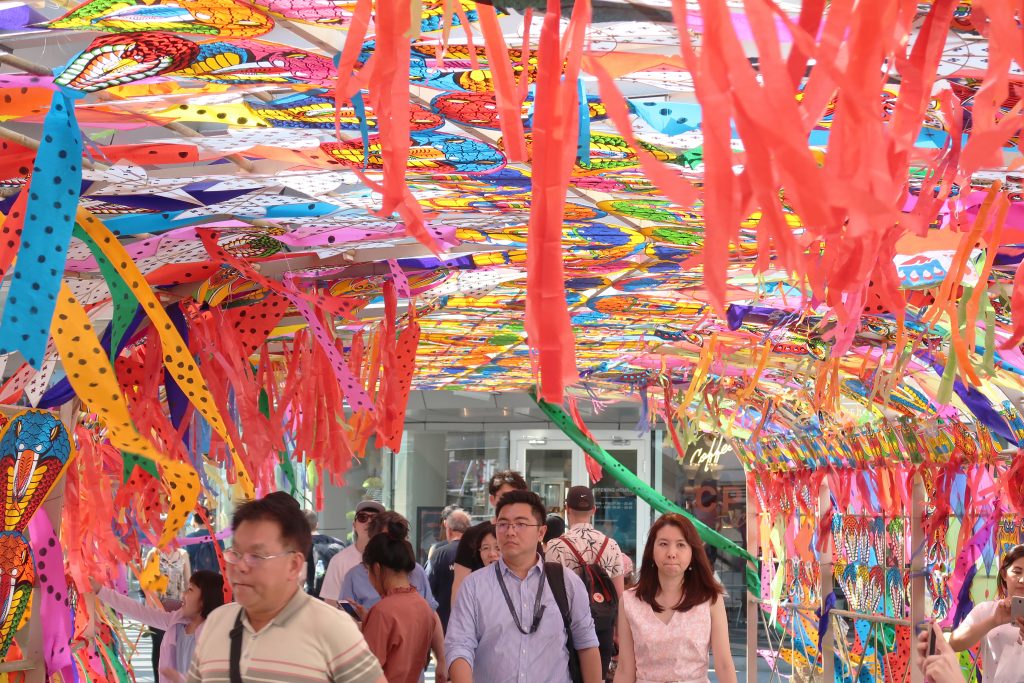
In Bangkok the whole city is decorated in colourful displays to welcome the new year. In some areas in Thailand, Buddha images are paraded from one street to the other, allowing Thai people to shower them with water.

The young people pay gratitude and also show a sign of respect to elders in a sacred ritual, which involves pouring down scented water on their hands and also giving them new clothes. This water festival in Thailand involves merry making, presenting offerings to monks, releasing birds and fishes into river, paying respect to elders, building sand pagodas, and listening to sermons. This is believed to bring longevity, good health and prosperity.
Tourism of Thailand is hoping to encourage some tourists to celebrate in outlying destinations, and is promoting a series of lesser-known provinces under a Go Local campaign. These include Kamphaeng Phet, Nakhon Sri Thammarat, Kalasin, Chanthaburi and Sing Buri.
Before you go on your trip, make sure to protect yourself from the potential accidents that can happen during travel. Travel insurance is a must and it would be foolish to go without it.
World Nomad’s is the #1 insurance provider for backpackers because they allow you to extend, cancel, or even renew your policy wherever you are in the world! Created for travellers, by travellers.

